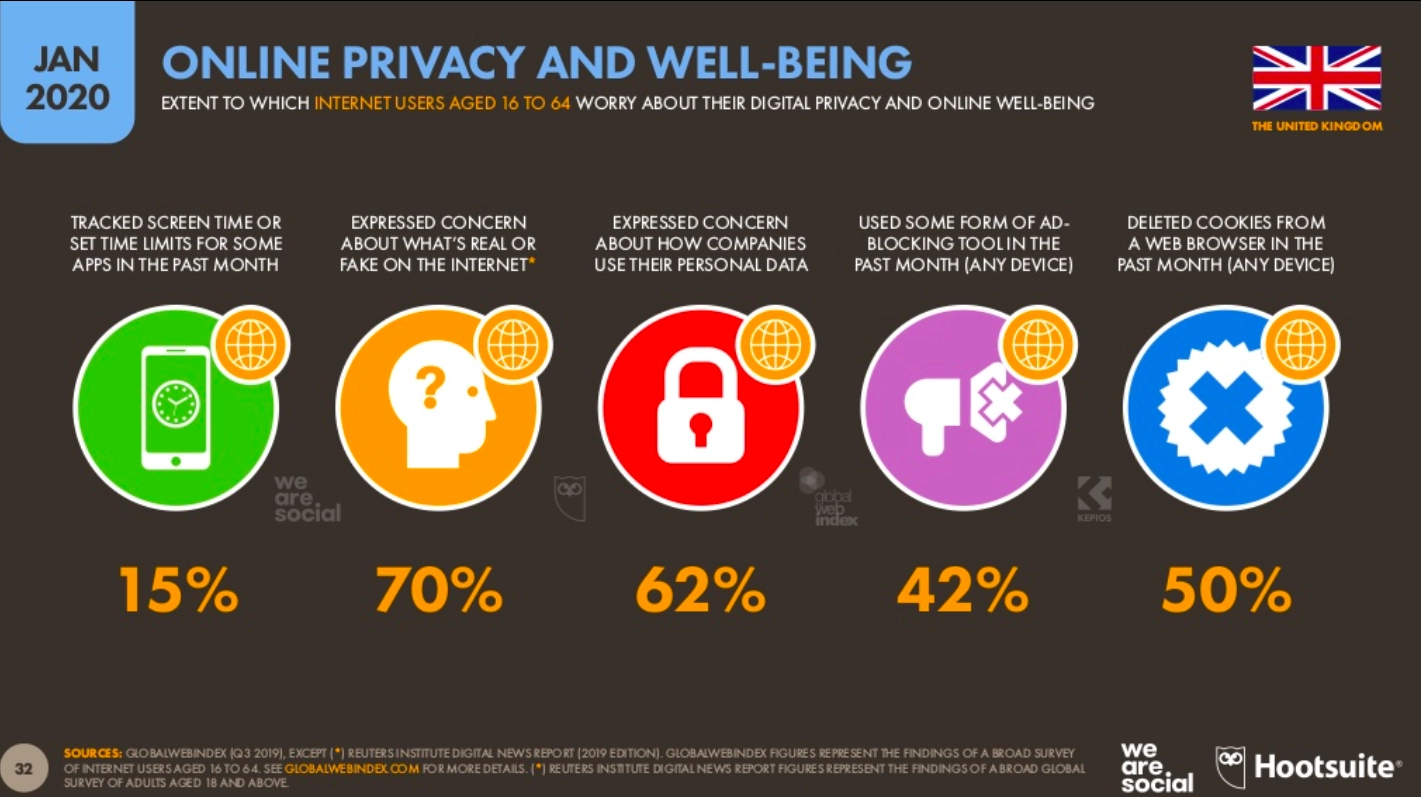It is universally accepted that COVID-19 has accelerated digital capabilities in social housing organisations. We are all agile workers now!
But does that adoption of digital apply to our customers? Golden Marzipan asked the question of our latest Breakfast Briefing speaker, Prof. Simeon Yates, Associate Pro-Vice-Chancellor, Research Environment and Postgraduate Research at the University of Liverpool.
With his key findings being a precedent on Digital Inclusion in South Yorkshire, Prof. Yates is now leading the collaborative research for ‘Me and My Big Data – Developing Citizens’ Data Literacies’ also working with Good Things Foundation and the Nuffield Foundation on understanding digital exclusion.
Different Technologies, Same Stories
According to the #Digital2020 report for the United Kingdom, there were about 65 million internet users in January 2020. However, almost 12 million people in the UK still not have a physical and an official online connection to the internet. They also lack the digital skills needed for everyday life.
COVID-19 has only accentuated this reality of digital exclusion. What’s more, this issue has particularly affected the most vulnerable sectors in society, especially those in social housing. We should also point out that is this sector the most vulnerable to online frauds, scams and fake news.

Some of the official figures on Digital privacy and online well-being for internet users aged 6 to 64 in the UK. Source: DataReportal.com
The Digital Barrier
Digital inequality has always existed. This also includes how to access to information (digital divide) as well as how the information may be distributed (digital inclusion). The gap between the most digitally literate and the least is increasing but there are complex reasons. Here’s Professor Yates to explain more.
Introduction to digital inequalities and barriers by Prof. Simeon Yates
Inequalities in a Nutshell
In summary, surveys indicate that the majority of those without Internet access:
- Are older (over 55).
- Live in social housing.
- Score much higher on indices of deprivation.
- Are more likely to be unemployed.
- Are more likely to be disabled or have long–term health issues.
- Are more likely to be from social class groups C2, D and E.
What can providers do?
“The future is meeting the audience where they are.”
In general terms, we need to do more to engage with people and understand their needs. Previous research has identified some underlying principles:
- Costs of savings for the organisation need to be weighed against increased costs (contracts, pay-as-you-go charges, broadband) of individuals.
- Systems need to be far easier to use – any available on smartphones and tablets.
- ‘Assisted digital’ (helpdesk) support is likely to be needed both long–term and in greater amounts than currently planned.
- Support for the third sector in providing skills support and internet access needs to be increased.
- Recognise that a minority of clients may never be able to engage digitally.
Influence of Social Media
There is an acceleration of usage but typically digital confidence is gained through platforms like Facebook, Instagram, Netflix and WhatsApp.
Nowadays, social media will occupy a big share in the digital housing communicative space. Specifically, and when looking at data and to the current digital literature, the younger generations tend to be more active online and also more aware of data use. There is a big gap between them and more senior groups accessing services online.
One of our guests, Carol Lovell, Director of Corporate Services at Housing Solutions, said they are “trying to make everything as accessible as possible” to help their customer to get online. They needed to make sure that they properly “update, recycle, prepare and deliver available material for our customers”.
In the end, it is all about finding fair, plausible methods and approaches. As Simeon concludes, “the future is meeting the audience where they are.”
Contact us
If you would like to participate in collaborative research in Social Housing and the Golden Marzipan Group contact steve@goldenmarzipan.co.uk.








